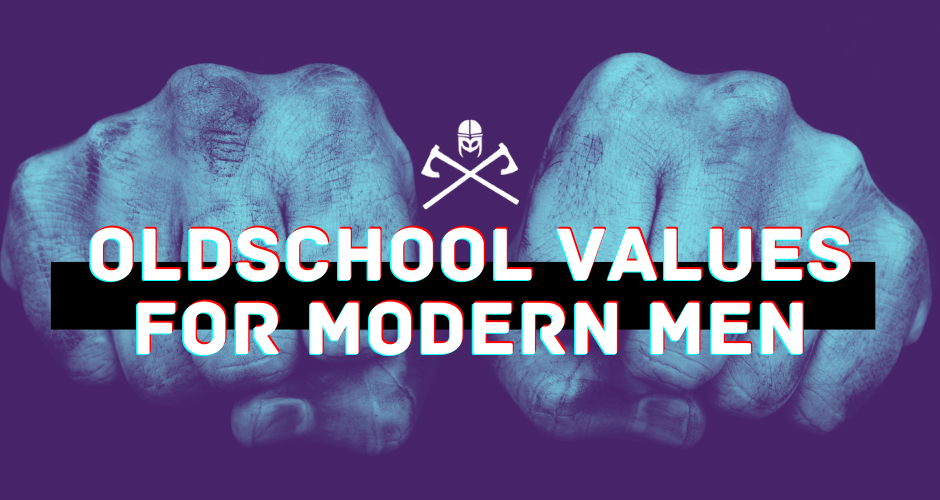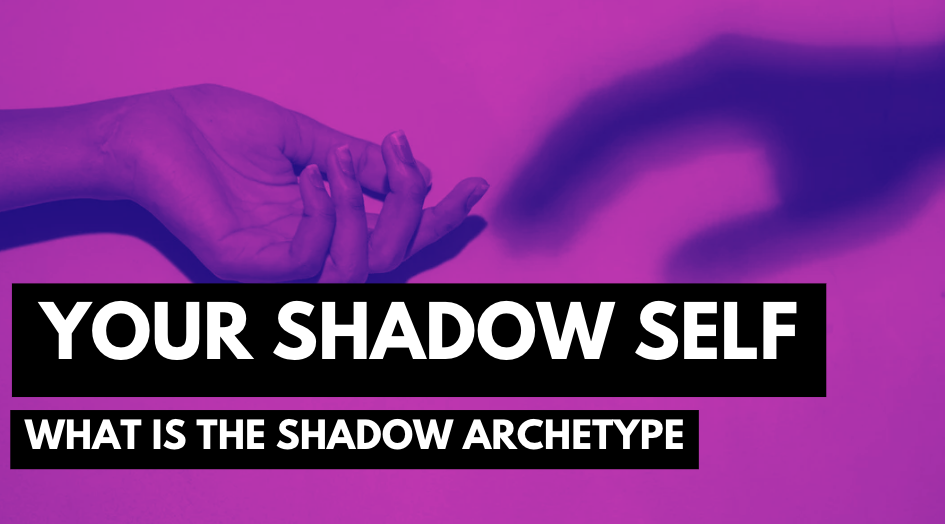
by Gene Crawford | Apr 8, 2024 | Podcast
It’s time to dig into the ‘Flow State‘, that magical realm where passion and performance dance in perfect harmony. In this episode Greg and I talk through the art and science of optimal experience, where you can achieve peak performance not only in your professional life but also in your daily activities and hobbies.
Let’s break down the myth of multitasking and the paradox of self-awareness, shall we? It turns out, multitasking might not be the productivity hack we once thought it was. Instead, we learn that creating environments conducive to deep work is what leads to those breakthrough moments of innovation. We’ll look at how mindfulness and viewing failure as feedback can become gateways to achieving and sustaining flow. It’s all about the balance between skill and challenge, and how mindfulness practices can equip you to harness this powerful state of mind. Whether you’re crafting a masterpiece or crunching numbers, discovering how to cultivate conditions for flow can reshape the way you approach your passions and projects.
Here’s a sneak peek into some of the key moments from the episode:
- Exploring the Power of Flow State
- Characteristics of Flow State
- Finding and Sustaining Flow State
- Achieving Flow State in Work
- Achieving Flow State Through Mindfulness
Tune in, get inspired, and start your own journey to mastering flow state. Remember, focus on what matters, stay dedicated to your growth, and you’ll find yourself in the zone more often than not. Happy listening!
(more…)

by Gene Crawford | Feb 11, 2024 | Podcast
When Luke Nichols casts his line into the water, he’s not just fishing; he’s reeling in life lessons on the essence of modern masculinity. Similarly, Tony Polcari navigates the cityscape, his lifestyle a canvas showcasing how vibrant urban living aligns with ageless virtues. This episode stitches together the narratives of these two extraordinary men, revealing the tapestry of hard work, integrity, and respect that forms the core of genuine manhood. Their diverse paths converge on a shared truth: that masculinity, at its finest, is about nurturing without the need for showing off your outer strength.
Have you ever wondered how mental fortitude can be honed like a blade, sharp enough to cut through life’s toughest challenges? That’s precisely what Cam Haynes and David Goggins have mastered. Their insights form a critical part of our discussion on the power of directness and the art of difficult conversation. This episode becomes a crucible, transforming old-school virtues into modern-day strategies for anyone willing to embrace the journey toward self-awareness.
As the saying goes, the more things change, the more they stay the same. This rings true as we explore the ancient wisdom of the Bushido code, finding these ancient principles not just relevant but vital in our present-day hustle. Whether it’s the discipline of never dining alone or the transformative ‘I get to’ mindset, these values are the cornerstones of our daily interactions and personal standards.
I invite you to walk the path of discovery with me, carrying forward the lessons that have withstood the trials of time, for a tomorrow that’s built on the bedrock of integrity and self-improvement.
(more…)

by Gene Crawford | May 12, 2023 | Blog
In the realm of psychology, the concept of the shadow archetype holds significant importance. Coined by renowned Swiss psychiatrist Carl Jung, the shadow archetype represents the unconscious and repressed aspects of an individual’s personality. It comprises the traits, desires, and emotions that one prefers to ignore or deny, considering them undesirable or unacceptable. The shadow archetype resides deep within the psyche, often influencing our thoughts, actions, and relationships in profound ways.
Defining the Shadow Archetype
The shadow archetype is a fundamental element of Carl Jung’s analytical psychology. According to Jung, the human psyche consists of various components, and the shadow archetype is one of them. It represents the darker aspects of our personality, encompassing everything that we dislike or disown about ourselves. These can be traits such as aggression, envy, selfishness, or even deeply hidden fears and desires.
Jung believed that the shadow archetype develops as a result of societal conditioning and personal experiences. Throughout our lives, we learn to conform to societal norms and expectations, suppressing certain parts of ourselves that are deemed unacceptable. These suppressed elements form the shadow archetype, residing within the unconscious mind.
The Significance of the Shadow Archetype in Carl Jung’s Psychology
Acknowledging and exploring the shadow archetype is vital for understanding ourselves holistically. Jung emphasized the importance of integrating the shadow into our conscious awareness to achieve individuation, a process of psychological growth and self-realization. By confronting our hidden aspects, we gain a more complete understanding of who we are as individuals.
The shadow archetype has a profound influence on our behavior and relationships. When the shadow remains unconscious, it can manifest in harmful ways, often leading to projection. Projection occurs when we attribute our own undesirable qualities onto others, effectively disowning them. By projecting, we avoid facing the discomfort of acknowledging and accepting these aspects within ourselves. However, this can result in misunderstandings, conflicts, and an inability to truly connect with others.
Acknowledging the Shadow and Personal Growth
Integrating the shadow archetype is not an easy task, as it requires facing and accepting the aspects of ourselves that we have long denied. However, the process of acknowledging and integrating the shadow holds immense benefits for personal growth and self-awareness.
By embracing our shadow, we cultivate self-acceptance and compassion. We develop a deeper understanding of our motivations, behaviors, and emotional patterns. This self-awareness allows us to make conscious choices rather than being driven solely by unconscious forces.
Furthermore, integrating the shadow helps us break free from the limitations imposed by societal expectations. It enables us to live authentically, embracing our true selves without fear of judgment. By accepting the entirety of our being, we become more balanced and whole individuals.
The Benefits of Integrating the Shadow Archetype
Integrating the shadow archetype leads to several transformative benefits. Here are a few notable ones:
1. Increased Self-Awareness and Emotional Intelligence
Acknowledging and exploring our shadow aspects enhances our self-awareness. We become attuned to our thoughts, feelings, and behaviors, recognizing the hidden influences that shape our lives. This heightened self-awareness enables us to develop emotional intelligence, fostering healthier relationships and improved decision-making.
2. Enhanced Personal Growth and Well-being
Integrating the shadow is a powerful catalyst for personal growth. By embracing our shadow, we unlock hidden potential, tapping into suppressed creativity, and expanding our range of experiences. This journey of self-discovery fosters a sense of fulfillment, purpose, and overall well-being.
3. Improved Relationships and Communication
By integrating the shadow archetype, we become more understanding and accepting of others. We recognize that everyone possesses their own shadow aspects
and can display behaviors that stem from their own unconscious. This understanding promotes empathy, compassion, and effective communication. By acknowledging our own shadow, we become less reactive and judgmental towards others, fostering healthier and more authentic connections.
4. Greater Personal Empowerment
Integrating the shadow archetype empowers individuals to take ownership of their lives. By embracing the previously suppressed aspects of ourselves, we reclaim our power and autonomy. We no longer allow the shadow to control us unconsciously but instead harness its energy consciously for personal growth and transformation.
5. Deepened Spiritual and Transcendent Experiences
Exploring the shadow leads to profound spiritual insights and transcendent experiences. By delving into the depths of our psyche, we confront our inner demons and discover hidden wisdom. This journey of self-exploration connects us with the collective unconscious, unlocking a deeper sense of purpose and connection to something greater than ourselves.
Incorporating the Shadow Archetype for Personal Growth
Integrating the shadow archetype requires dedication, self-reflection, and a willingness to face uncomfortable truths. Here are some strategies that can aid in this transformative process:
1. Self-Reflection and Journaling
Engage in regular self-reflection and journaling to explore your thoughts, emotions, and behaviors. Write honestly and without judgment, allowing your shadow aspects to surface. This practice encourages self-discovery and greater awareness of the shadow’s influence on your life.
2. Seek Therapy or Counseling
Professional guidance from a therapist or counselor can provide valuable support during the shadow integration process. They can help you navigate the complexities of your psyche, provide insights, and offer effective techniques to address and integrate your shadow aspects.
3. Embrace Shadow Work Techniques
Shadow work refers to specific techniques designed to explore and integrate the shadow archetype. These techniques may include dream analysis, active imagination, and creative expression. Engaging in shadow work facilitates a deeper understanding of your unconscious patterns and aids in their integration.
4. Cultivate Mindfulness and Meditation
Practicing mindfulness and meditation enhances self-awareness and allows you to observe your thoughts and emotions without judgment. These practices create a space for self-reflection and help in recognizing the shadow’s influence on your thoughts and behaviors.
5. Foster a Supportive Community
Surround yourself with a supportive community of individuals who are also on a journey of self-discovery and personal growth. Sharing experiences, insights, and challenges with like-minded individuals can provide encouragement and valuable perspectives during the shadow integration process.
In Carl Jung’s psychology, the shadow archetype represents the hidden, repressed aspects of our personality. Acknowledging and integrating the shadow is crucial for personal growth, self-awareness, and the development of healthy relationships. By embracing the shadow, we gain a deeper understanding of ourselves, cultivate compassion, and unlock hidden potential. The journey of shadow integration requires courage, self-reflection, and a willingness to confront uncomfortable truths. By embarking on this transformative process, we embark on a path of self-discovery, empowerment, and holistic well-being.





